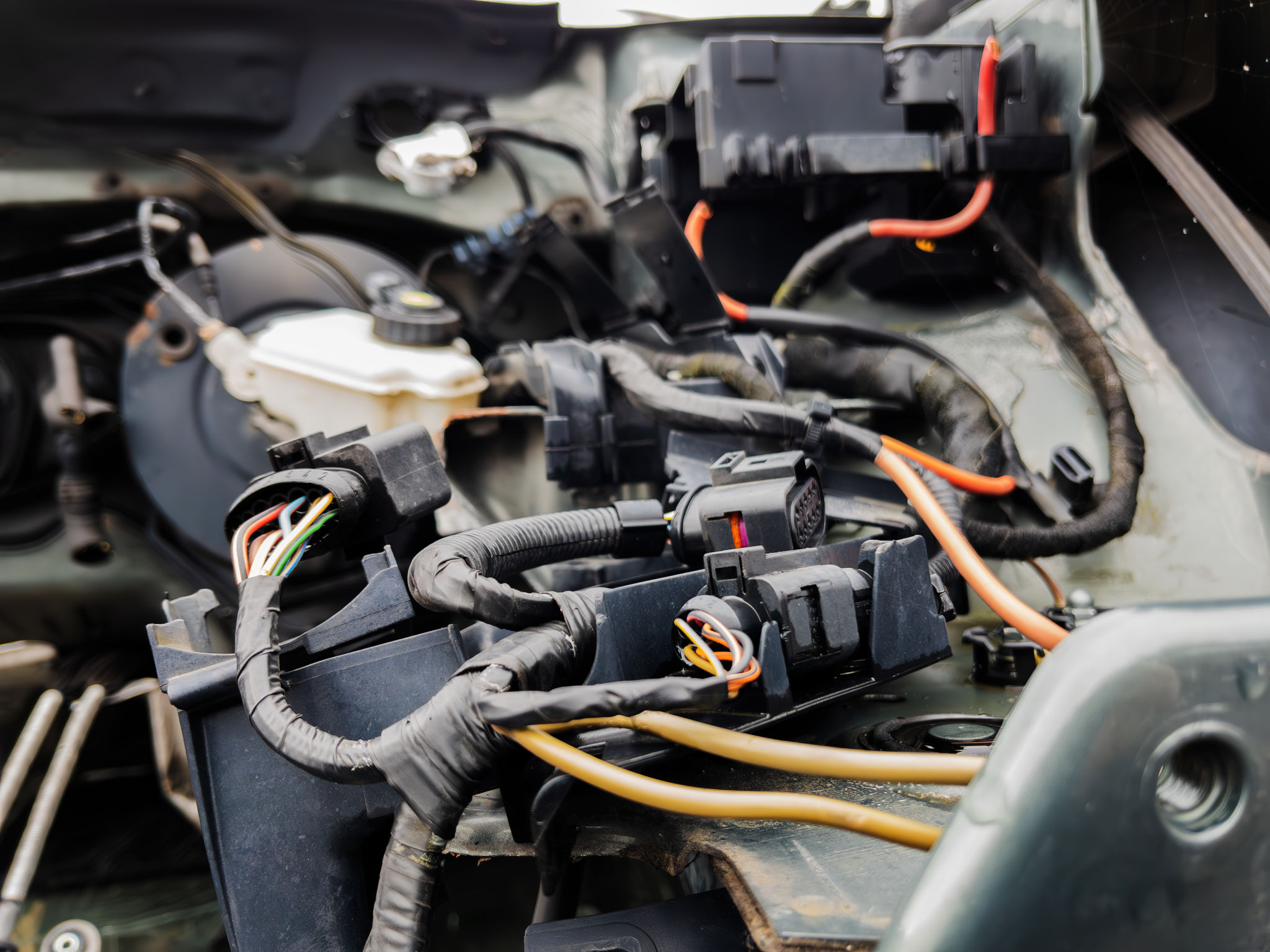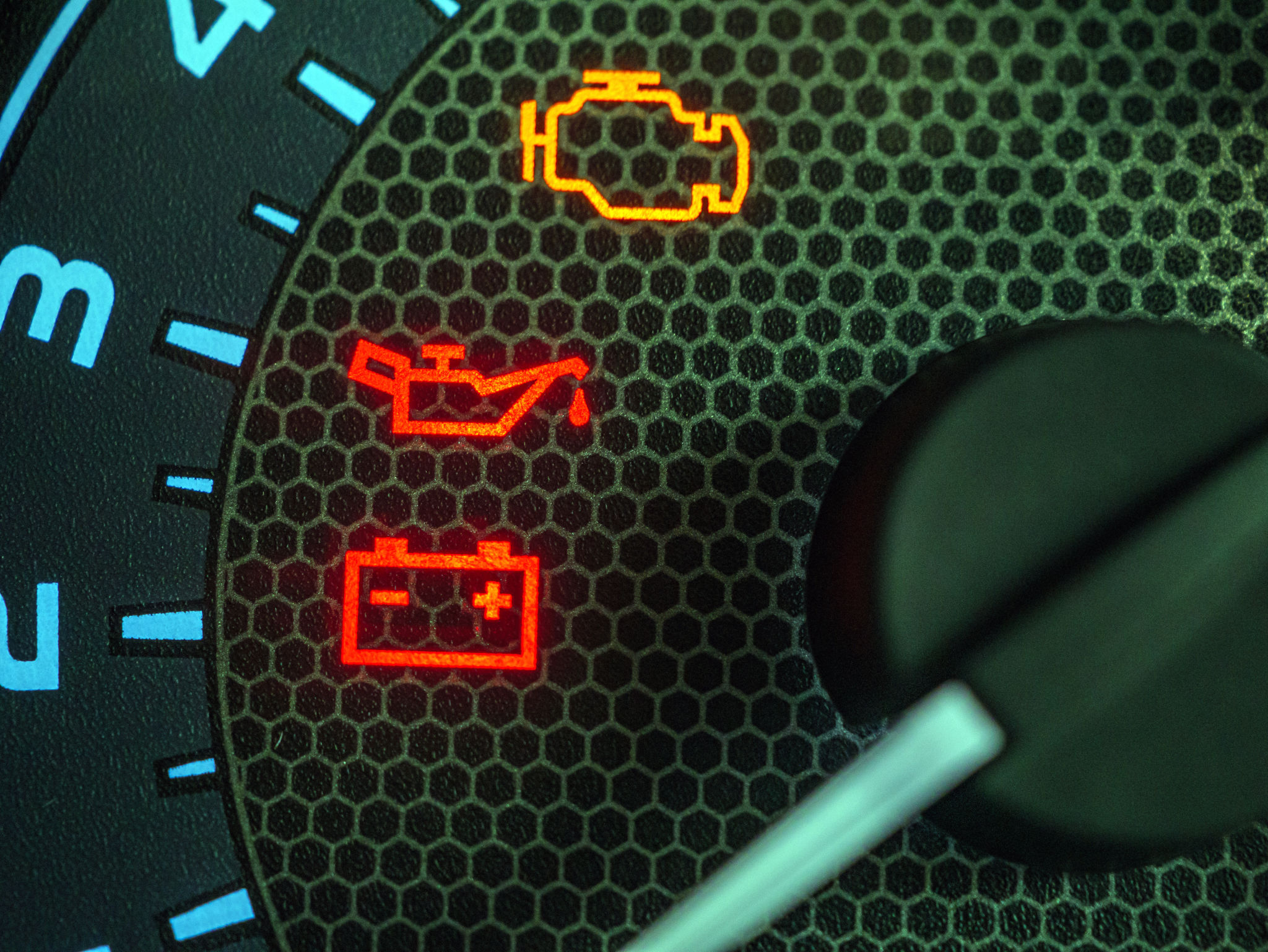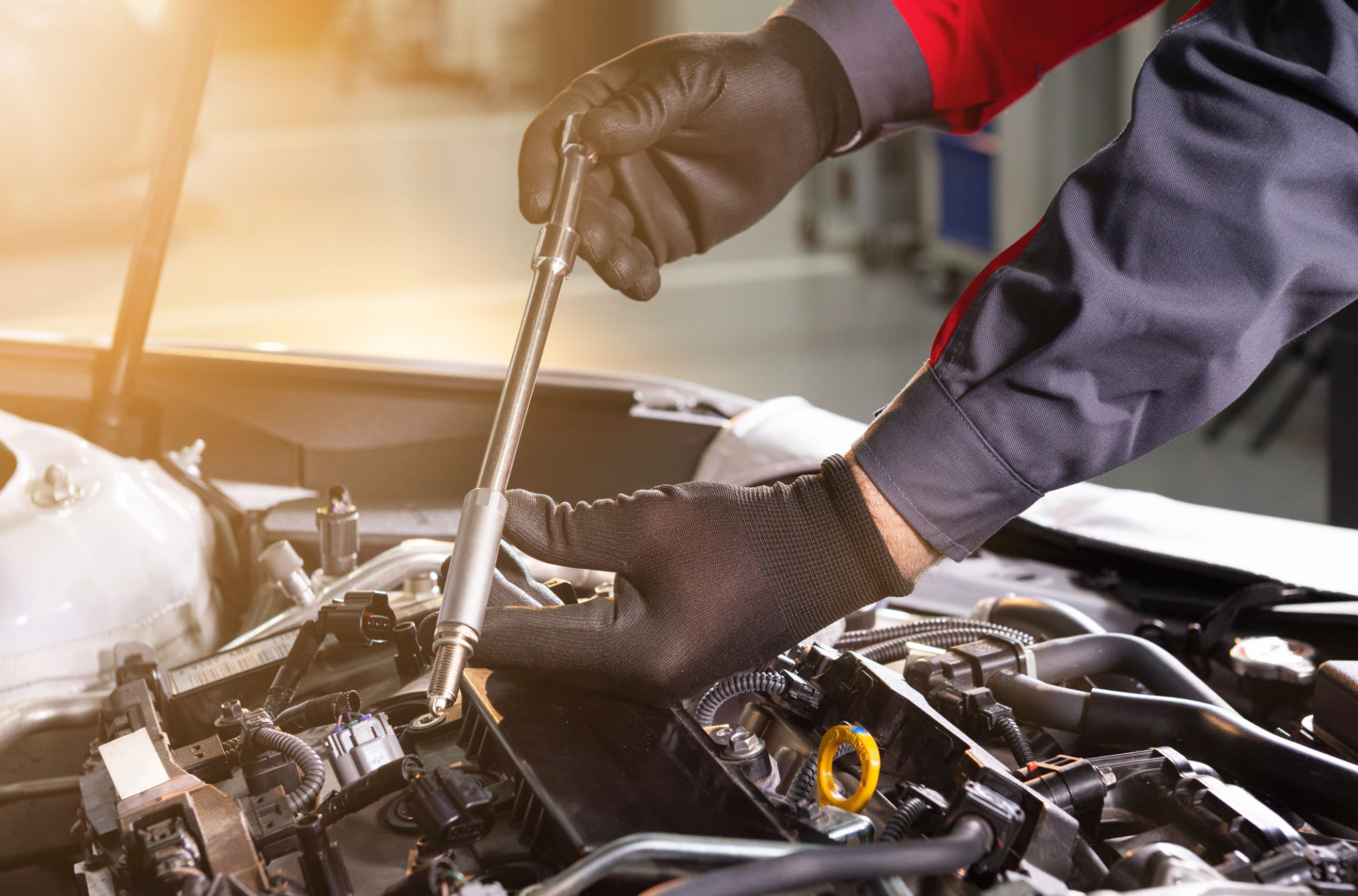How to Identify Common Auto Electrical Problems and Avoid Costly Repairs
Understanding Auto Electrical Systems
Modern vehicles are packed with intricate electrical systems that control everything from the engine to the infotainment system. Understanding these components can help you identify potential issues early and avoid expensive repairs. The primary elements of an auto electrical system include the battery, alternator, and starter. Each plays a crucial role in the functioning of your vehicle.

Common Electrical Issues
There are several common electrical problems that car owners may encounter. Recognizing these issues can save you both time and money. Some frequent problems include:
- Dead Battery: Often caused by leaving lights on or a faulty charging system, a dead battery is one of the most common issues.
- Faulty Alternator: When an alternator fails, it can lead to a dead battery and other electrical failures.
- Starter Motor Issues: If your car won't start and you hear a clicking noise, the starter motor might be the culprit.
Signs of Electrical Problems
Being aware of the warning signs can help you address auto electrical problems before they worsen. Some indicators include:
- Dim or Flickering Lights: This often indicates a weak battery or failing alternator.
- Unresponsive Electrical Accessories: If your radio or windows are not working correctly, there could be an electrical issue.
- Warning Lights on Dashboard: Never ignore these lights, as they can signal a serious problem.

Preventive Measures
To avoid costly repairs, regular maintenance of your vehicle's electrical system is essential. Here are some preventive measures you can take:
- Regular Battery Checks: Ensure your battery terminals are clean and secure, and test the battery's voltage regularly.
- Inspect Wiring: Look for any visible signs of wear or damage in the wiring.
- Monitor Your Alternator: Keep an eye on your vehicle's voltage gauge to ensure the alternator is charging properly.
The Importance of Professional Inspections
While some minor issues can be addressed at home, a professional inspection is invaluable for diagnosing complex electrical problems. Regular check-ups with a qualified mechanic can help spot issues before they lead to major repairs. A professional can use diagnostic tools to pinpoint problems that might not be visible to the untrained eye.

When to Seek Professional Help
If you experience persistent electrical issues despite taking preventive measures, it's time to seek professional assistance. Continuing to drive with unresolved electrical problems can lead to more severe damage and costly repairs. An experienced technician can efficiently identify and fix the root cause of the issue, ensuring your vehicle runs smoothly.
The Cost of Neglect
Ignoring auto electrical problems can lead to more significant issues down the line. Not only can this affect your car's performance, but it can also impact its safety. A failing electrical system might cause your car to stall at inconvenient times or even prevent it from starting altogether. By addressing issues promptly, you can avoid these hassles and extend the lifespan of your vehicle.
Conclusion
Being proactive about your car's electrical health is key to avoiding costly repairs. By understanding common issues and taking preventive measures, you can keep your vehicle in top shape. Remember, when in doubt, always consult a professional to ensure you're making the best decision for your car's longevity and safety.
